AAAS elects new members
The American Academy of Arts and Sciences announced in April its new class of members. The academy dates back to 1780; it was founded by political figures including John Adams and John Hancock as a way to honor accomplished Americans and involve them in solving challenges the new nation faced. Seven members of the American Society for Biochemistry and Molecular Biology were elected this year.
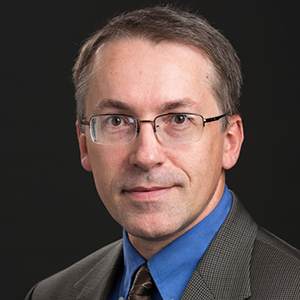
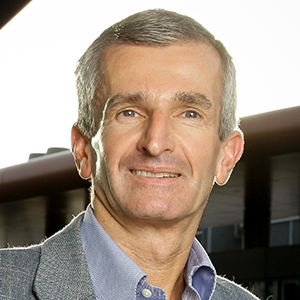
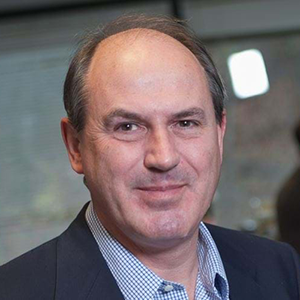
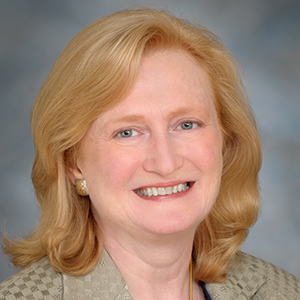
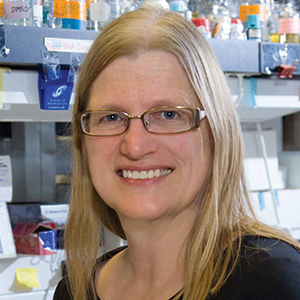
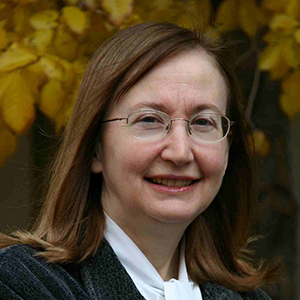
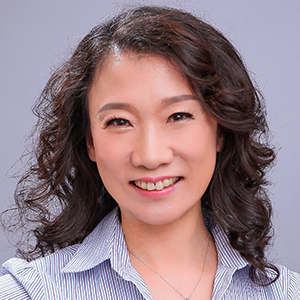
Ronald Breaker, a named professor of molecular, cellular and developmental biology at Yale University and a Howard Hughes Medical Institute investigator, was elected into the biochemistry, biophysics and molecular biology section of the academy. Breaker’s lab studies noncoding RNAs in bacteria, with particular interest in ribozymes, which catalyze chemical reactions, and riboswitches, which change conformation in response to binding of specific molecules. Breaker’s lab discovered riboswitches and has since studied their ability to act as sensors and regulate translation, particularly in metabolism. Breaker was the 2016 recipient of the ASBMB–Merck Award. His other honors include election to the National Academy of Sciences and the American Association for the Advancement of Science. Breaker earned his Ph.D. at Purdue University and was a postdoctoral fellow at the Scripps Research Institute.
Axel Brunger, a professor at Stanford University and a Howard Hughes Medical Institute investigator, was elected into the academy’s biochemistry, biophysics and molecular biology section. Brunger, trained as a crystallographer, studies synaptic vesicle fusion and neurotransmitter release. His group has been a leader in understanding the structures and mechanisms of synaptic protein supercomplexes involved in calcium-triggered vesicle membrane fusion. He was the 2011 recipient of the ASBMB's DeLano award, has received awards from biophysical and crystallographic societies, and is an elected member of the National Academy of Sciences. Brunger received his Ph.D. from the Technical University of Munich and was a postdoctoral fellow at Harvard University before starting his faculty career at Yale University.
Roger Davis, a named professor at the University of Massachusetts Medical School, was elected to the academy’s cellular and developmental biology section. Davis was the first to clone human cJun N-terminal kinase, or JNK, and has studied stress-activated signaling through these proteins and related signaling molecules ever since. His group seeks to understand the role of JNK signaling in inflammatory diseases and how intervening in the pathway might address a wide variety of diseases. Davis is a fellow of the Royal Society and the National Academy of Sciences and is an elected member of the American Association for the Advancement of Science and the European Molecular Biology Organization. He was the editor-in-chief of the journal Molecular and Cellular Biology. He earned his Ph.D. at Cambridge University and did postdoctoral research at the University of Massachusetts Medical School; after joining the faculty at UMass, he cofounded its Program in Molecular Medicine, which he now chairs.
Sharon Dent, chair of the department of epigenetics and molecular carcinogenesis at the University of Texas MD Anderson Cancer Center, was elected into the academy’s biochemistry, biophysics and molecular biology section. Dent’s lab studies the roles of chromatin-modifying enzymes in gene expression and genome integrity. Her lab investigates lysine methyltransferases, histone acetyltransferases and deubiquitinases to understand how developmental gene expression patterns may be re-activated in cancer. For 10 years, she served as director of the Center for Cancer Epigenetics at MD Anderson. Her other honors include election to the American Association for the Advancement of Science, and an MD Anderson President’s Leadership Award, which she received in 2015. She earned her Ph.D. at Rice University and did postdoctoral research at Baylor College of Medicine, followed by a senior research fellow position at the National Institutes of Health.
Carol Fierke, provost and executive vice president at Brandeis University, was elected into the academy’s chemistry section. In addition to being her university’s chief academic officer, Fierke is an enzymologist, running a lab that studies the role of metal ions in the active sites of metalloenzymes, focusing on histone deacetylases with additional research into other catalytic proteins and RNAs. Fierke has been a force for increasing faculty diversity in her current post and in previous roles as a professor at the University of Michigan and provost of Texas A&M University. In recognition of that work, she was the 2019 recipient of ASBMB's Mildred Cohn Award and has received numerous other honors from the Protein Society and the American Chemical Society. Fierke earned her Ph.D. at Brandeis University and was a postdoctoral fellow at Pennsylvania State University; she started her faculty career at Duke University before moving to the University of Michigan.
Maureen Hanson, a named professor of molecular biology and genetics at Cornell University, was elected to the academy’s cellular and developmental biology section. Hanson’s lab studies gene expression and genome architecture in chloroplasts and the enzymatic activity of rubisco; she also pursues a separate line of research into chronic fatigue syndrome, or myalgic encephalomyelitis. Hanson is a fellow of the American Society of Plant Biologists and director of Cornell’s Center for Enervating Neuroimmune Disease. She earned her Ph.D. at Harvard University and pursued postdoctoral studies there before beginning her faculty career at the University of Virginia.
Hao Wu, a named professor of structural biology, biological chemistry and molecular pharmacology at Harvard Medical School, was elected to the academy’s microbiology and immunology section. Wu’s lab uses cryo-electron microscopy and other biophysical methods to understand molecular complexes involved in innate immunity, including signalosomes and pore-forming complexes like gasdermin D. She is a fellow of the Biophysical Society and the American Association for the Advancement of Science, a Pew scholar, and a 2015 recipient of the NIH Pioneer Award. Wu studied medicine at Peking Union Medical College, earned her Ph.D. at Purdue University and was a postdoc at Columbia University. She started her faculty career at Weill Cornell Medical College before moving to Harvard Medical School.
Enjoy reading ASBMB Today?
Become a member to receive the print edition four times a year and the digital edition monthly.
Learn moreGet the latest from ASBMB Today
Enter your email address, and we’ll send you a weekly email with recent articles, interviews and more.
Latest in People
People highlights or most popular articles

From humble beginnings to unlocking lysosomal secrets
Monther Abu–Remaileh will receive the ASBMB’s 2026 Walter A. Shaw Young Investigator Award in Lipid Research at the ASBMB Annual Meeting, March 7-10 in Washington, D.C.

Chemistry meets biology to thwart parasites
Margaret Phillips will receive the Alice and C. C. Wang Award in Molecular Parasitology at the ASBMB Annual Meeting, March 7-10 in Washington, D.C.

ASBMB announces 2026 JBC/Tabor awardees
The seven awardees are first authors of outstanding papers published in 2025 in the Journal of Biological Chemistry.

Decoding how bacteria flip host’s molecular switches
Kim Orth will receive the Earl and Thressa Stadtman Distinguished Scientists Award at the ASBMB Annual Meeting, March 7–10, just outside of Washington, D.C.

Thiam elected to EMBO
He was recognized during the EMBO Members’ Meeting in Heidelberg, Germany, in October.

The timekeepers of proteostasis
Learn about the cover of the winter 2026 ASBMB Today issue, illustrated by ASBMB member Megan Mitchem.
